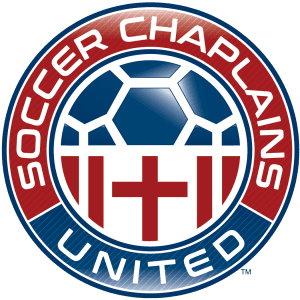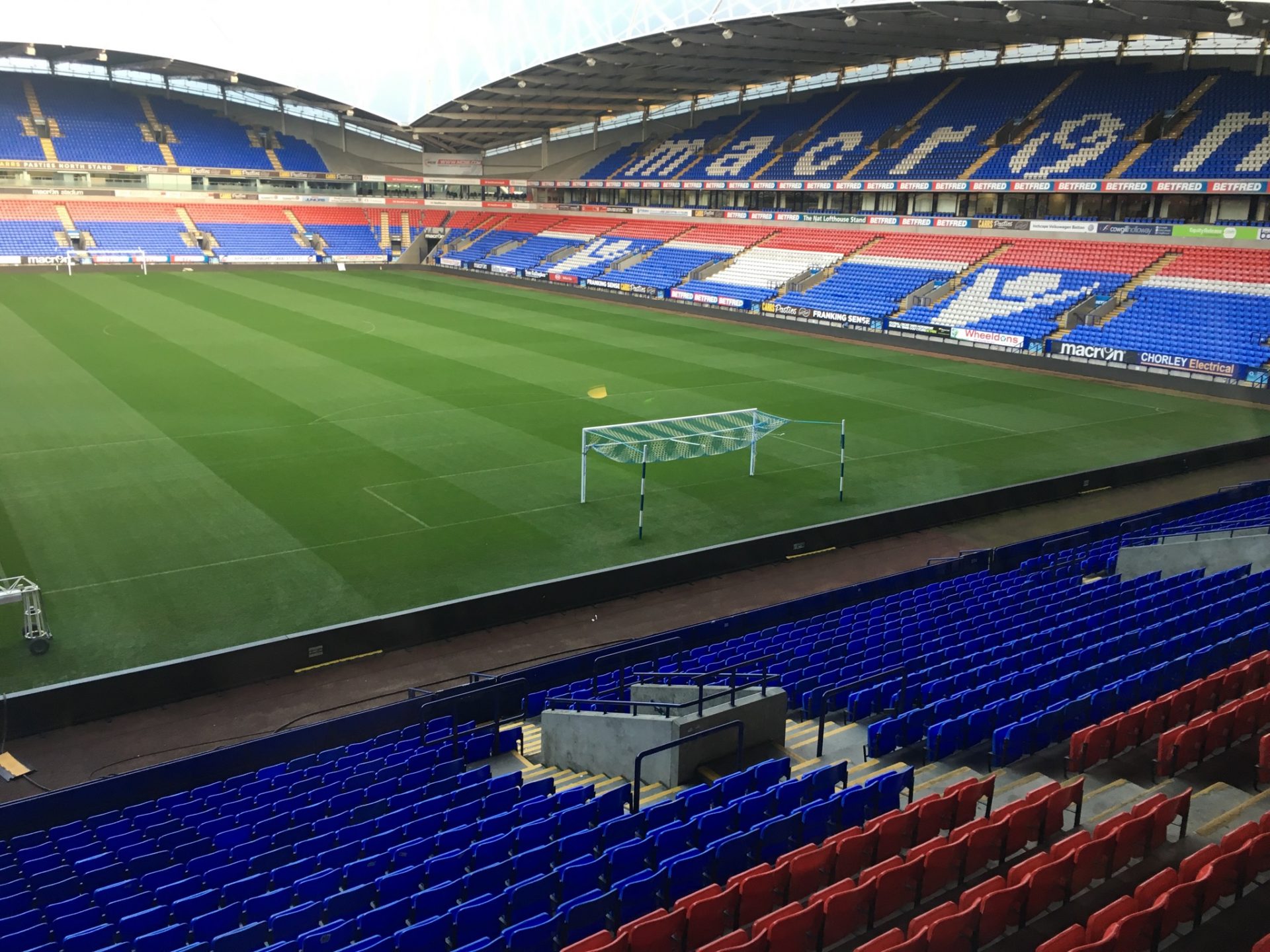This past week, I’ve spent time with fellow chaplains in sport at the Sports Chaplaincy UK (SCUK) conference and 25-year anniversary celebration. Post-conference, a trip up to Glasgow, Scotland to stay with my best friend from seminary days and do some decompression. And while in Glasgow, also was able to meet up with a player who was a trialist with the Colorado Rapids last year, and recently signed with a Scottish Premier League team. As I reflect back on this past week, I’d like to share some of the highlights.
We’ve Got to Get Ready
A recent story in the Guardian on the state of English football (soccer) academies is disturbing as they track probable cause for a 16-year old boy who committed suicide after being released from an academy. With the Major League Soccer academies now reaching double-digit years, chaplains and counselors and their potential role with MLS academy players will be pivotal. The challenge will be for chaplains and counselors that have been in mainly voluntary capacities, to be utilized better to assist players and families in coping with the stresses and demands that accompany this development of soccer.
We’ve Got to Speak Up
In recent days, too, with Kevin Doyle’s retirement from soccer due to concussion symptoms and some of the dismissive remarks made around the announcement speak to a need for educating, advocating, and perhaps even prophetically speaking out against this issue. CTE (Chronic Traumatic Encephalopathy) has been largely covered up and ignored by the National Football League (USA). While soccer in the U.S. has been at the recent forefront of developing strict concussion protocols, there needs to be increased research and a readiness to make significant changes in the game if similar evidences are found in soccer. Chaplains, in our pastoral duties toward people over and above the game, must work to bring a prophetic voice to this area of sport.
We Need Better Training
Britain’s safeguarding (child protection) laws have led to our counterparts with SCUK becoming trained and versed in safeguarding. This is an important area of development for sports chaplaincy. While it is hit or miss as to whether some sports ministry people could be deemed “clergy,” there is a potential gap and liability if proper training and vetting isn’t done. The age of athletes in the locker room, especially n soccer, has the potential to get younger and younger.
Another area of potential training and insight is in prevention. In the aftermath of last week’s shooting in Las Vegas, it behooves sports chaplains to have insight into large-scale response protocols for the stadiums and venues where we are serving. Training in the area of awareness, detection, and prevention is going to become more critical in our day and age.
A Final Thought
An old Japanese proverb says,
A fish in water doesn’t know it is wet.
By simply spending a few days here in the U.K. and seeing the issues that are emerging here from this side of the pond in sport, and in soccer specifically, we must raise the standard. It is time for those of us in chaplaincy to begin to seriously endeavor to impact the game(s) in the ways that we should. It means risk — there are many who would rather fly below the radar on particular issues, but we must prepare ourselves as the world and the game faces changes.
— Rev Brad Kenney



